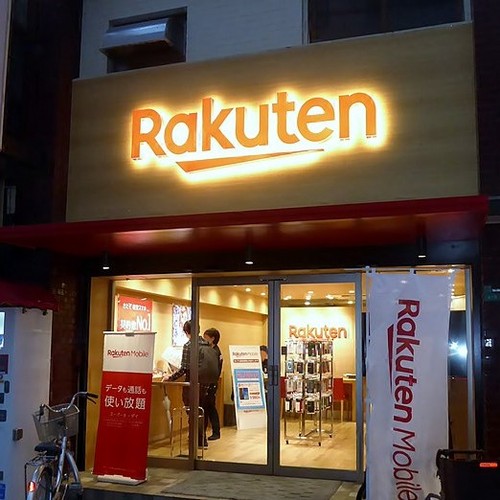
US software company Altiostar has announced some performance metrics for Rakuten Mobile, Japan's disruptive open RAN operator.
No doubt with an eye on addressing criticisms that Rakuten Mobile's 5G speeds were a lot slower than its rivals at launch last September, Altiostar said recent tests showed the open RAN and "end-to-end" virtualized network clocked speeds of 1.77 Gbit/s. It did not explicitly say whether this was a peak rate or some sort of average speed among certain users.
According to Altiostar, in which e-commerce giant Rakuten (Rakuten Mobile's parent company) has a majority stake, the performance nonetheless compared "favorably" to speed tests carried out in Japan by Ookla during Q3 2020.
Findings back then apparently showed the fastest 10% of users in the country experiencing average download speed of 719.4 Mbit/s.
Moreover, citing OpenSignal, Altiostar said Rakuten Mobile was number one in terms of upload speeds (16.8 Mbit/s), "despite having only 1/6th of the spectrum holdings of competing operators in the market."
Want to know more about 5G? Check out our dedicated 5G content channel here on
Light Reading.
Tareq Amin, Rakuten Mobile CTO, indicated that the throughput performances validated what is after all a new and innovative network architecture.
"The performance and stability of the 5G network shows that a cloud-native framework and web-scale architecture can compete with a traditional RAN approach and provide new levels of automation to the network," he said.
Coverage expansion on auto
By the end of January, Rakuten had more than 11,000 base stations covering around three quarters of the population. The aim is to cover 96% of the population by this summer.
Because baseband functions are deployed as virtual network functions, Rakuten Mobile says it has been possible to automate various operational tasks, such as new cell site integration (auto-commissioning), as well as fault detection and automated recovery from failures (self-healing). All this helps cut operational expenditure.
Through greater use of automation within its network, the operator claims it can provision a new 5G cell site in four minutes and a 4G site in eight minutes.
— Ken Wieland, contributing editor, special to Light Reading
Read more about:
AsiaAbout the Author(s)
You May Also Like











